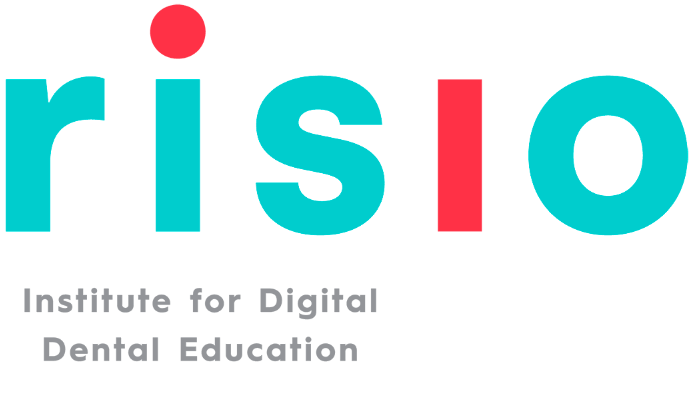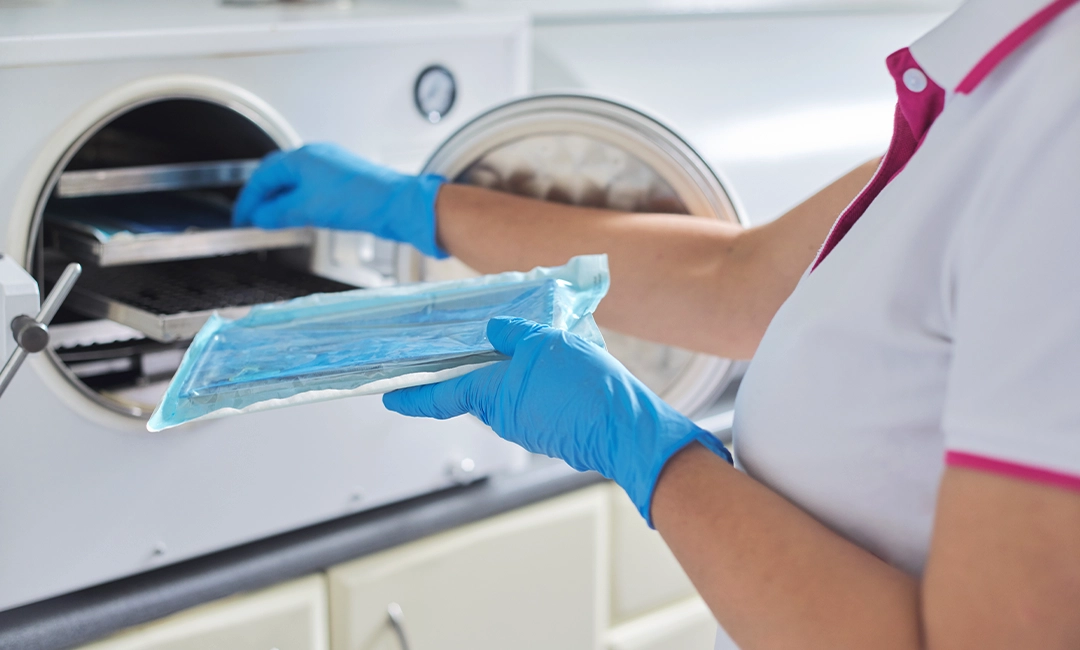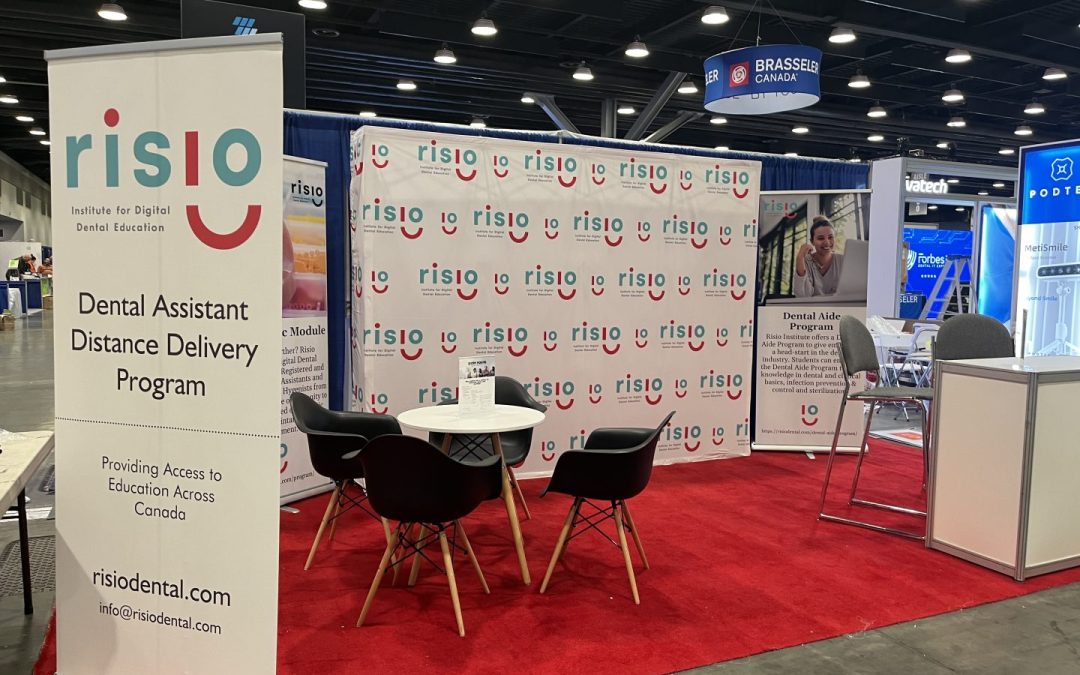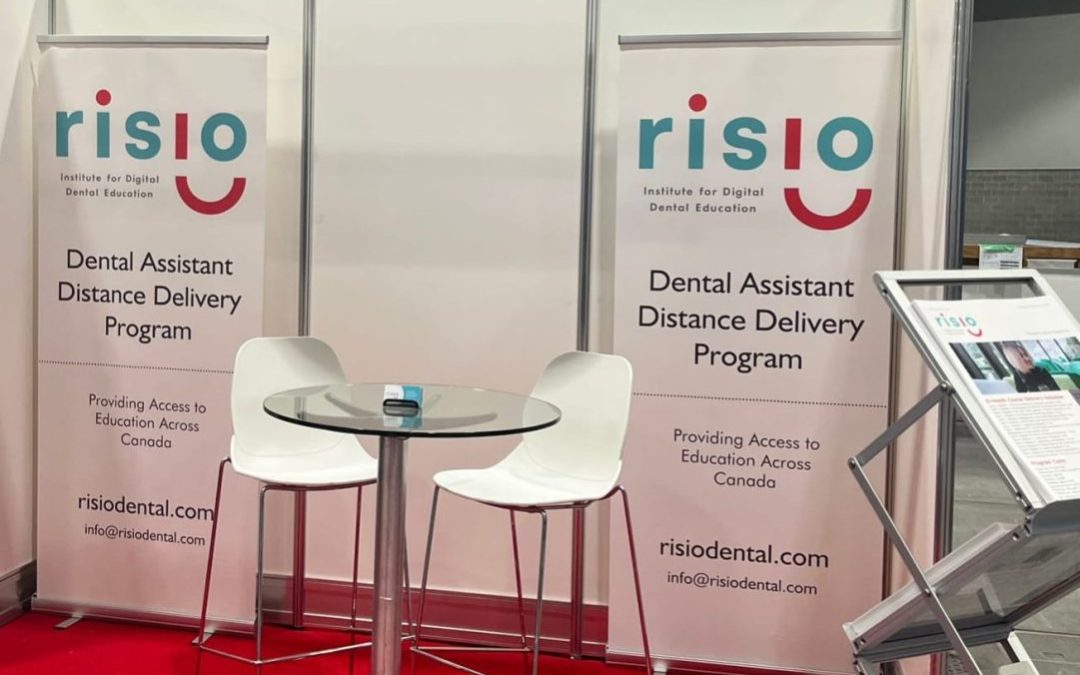So, you’ve finally landed that all-important interview for a dental assistant position. Congratulations! Now it’s time to make sure you impress your potential employer and do everything you can to land the job.
How should you prepare for your interview? What should your resume look like? And what can you do during the interview to show you’re an ideal candidate? Don’t worry—we’re here to answer those questions in detail. We’ve helped countless dental assistants start their careers with our dental assistant training program, and we’re happy to share what we know so you can start yours too. Let’s get started!
See also:
How Should You Prepare for Your Interview?
Getting ready for your dental assistant interview isn’t so different from preparing for other job interviews. You’ll want to appear reliable, professional, and friendly. However, there are specific ways to demonstrate these qualities in the dental field. Here are a few tips to use:
Research the Role
First of all, you’ll want to do some digging about the practice, the demographics of their patients, and the careers of the dentists who work there. This will keep your answers to interview questions relevant and focused on the work you’ll hopefully be doing.
Also, try to find out what other dental assistants in your area and with your experience are making, and use this info to help answer any questions you’re asked about salary expectations. This will show the interviewer that you have researched the position and understand the value you’re offering.
Bring Your Qualifications
You should always bring copies of your resume and cover letter to an interview—but when you interview for a dental assisting job, we also recommend bringing a copy of your diploma from Risio. That way, you’ll be ready to show your professional qualifications at a moment’s notice if your interviewer needs to verify them.
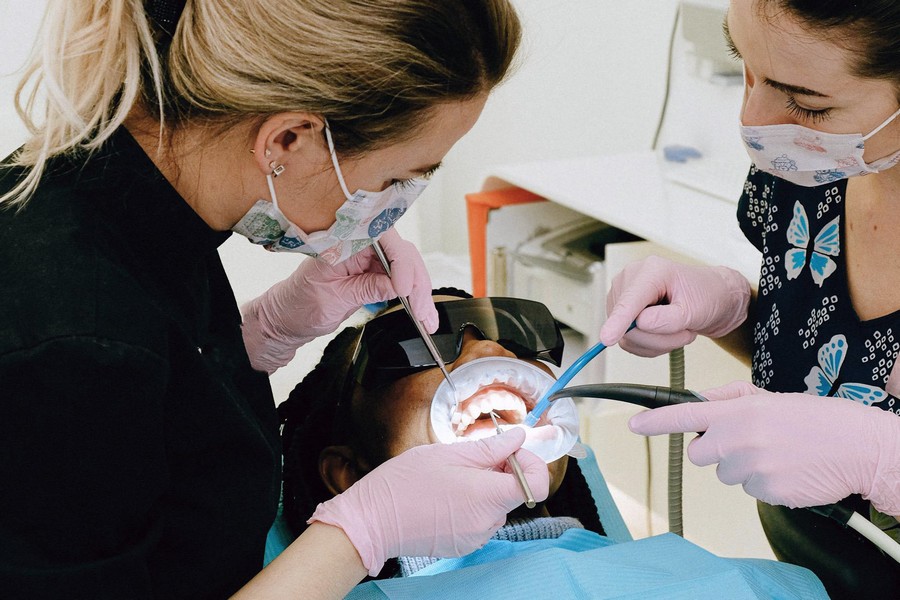
Bring Your Scrubs, Your SIN, & Your ID
It might seem presumptuous, but having your SIN and ID on hand during the interview is strongly recommended. After all, some candidates for dental assisting jobs do get hired on the spot! It’s even possible that you may be asked to do a working interview, where you stick around after the initial conversation and work with one of the dentists at the practice. If that’s the case, you’ll want to have your scrubs and your employment information with you.
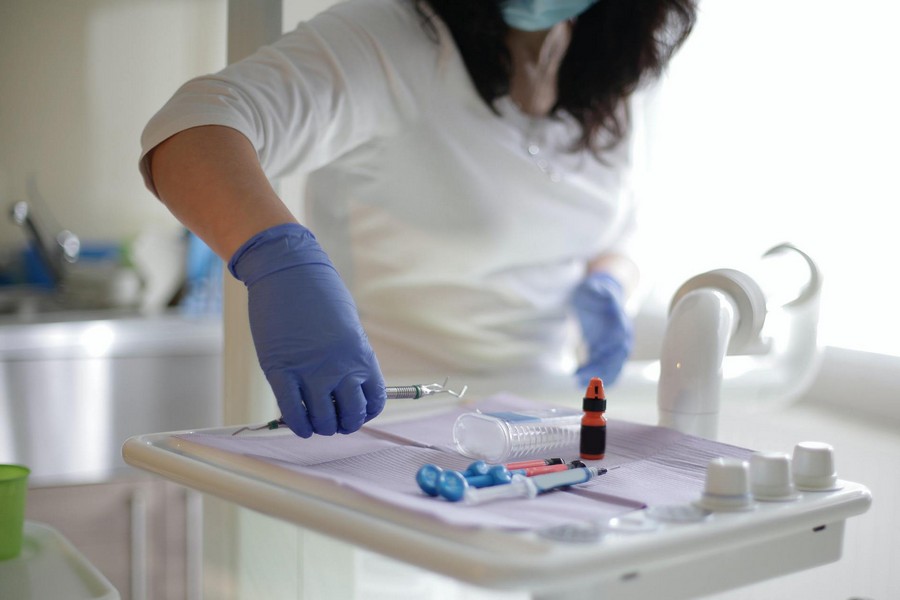
How to Nail a Dental Assistant Resume
Now that you’re planning to bring your resume to the interview, let’s talk about what should be on it. Don’t worry if you didn’t include all these things on the resume that got you the interview—it should be acceptable to bring a more detailed version to the interview itself (although we suggest updating the one you send out with the information below as soon as possible).
- Include your schooling and qualifications. Risio has a great industry reputation, and it might just be the thing that gets your foot in the door.
- Include internships and shadowing. Our program contains hands-on experience in a clinical setting for a reason.
- Name drop! Mention the names of any dentists you’ve worked with previously, and use them as references whenever possible. There’s a decent chance your potential new employer will have heard of them, or at least reach out to contact them about you.
- Your instructors can also be references! Feel free to list our names on your resume as well.
- Don’t include irrelevant work—if you had higher-level customer service experience previously, like a manager or assistant manager position that might be useful. But you can leave off things like entry level retail jobs.
- List your skills. For best results, choose a balance of hard (i.e. proficiency with Microsoft Office) and soft (i.e. punctuality) skills.

Tips for Your Cover Letter
Your cover letter should follow a basic three-paragraph format:
- The intro paragraph comes first. This section introduces you to your employer and indicates your interest in the position. But most importantly, it explains why you want to be a dental assistant.
- The body paragraph comes next. This section explains what qualities and experience you’ll bring to the practice. Mention your training with Risio and any previous relevant work experience you have first—then include more general things like:
- Reliable
- On time
- Good communication skills
- Computer skills
- Flexible hours (willing to work weekends?)
- Sociable/compassionate
- The concluding paragraph reiterates your interest in the job, thanks the potential interviewer for their time, and provides your contact information so they can reach out and continue the conversation.
How to Demonstrate the Skills for the Job During Your Interview
Finally, it’s time to talk about how to conduct yourself during the actual interview. Remember: your interviewer will be looking for qualities that make you a desirable new hire throughout your conversation with them. Here’s how you can show them you have what it takes to succeed in the role:
Don’t Make Plans for Afterwards
Don’t plan on meeting friends or running errands an hour or two after your scheduled interview time. Instead, keep the next few hours open just in case they ask you to stay and do a working interview. This is often the best way to show off your job-specific skills—but it also demonstrates that you’re flexible and enthusiastic about the work.
Be On Time, All the Time
Don’t be late! Leave the house super early, leaving extra time for bad traffic or other unforeseen issues. Punctuality in the dental field is key because your practice will have a responsibility to be on time for its patients—and you want to demonstrate that you can be counted on. Arrive at least 5-10 minutes early.
Take Every Chance to Reference Your Skills
Every question you’re asked in an interview is a chance to show off your value. When you answer questions about things like why you want to be a dental assistant, frame your answer to highlight the qualities they’ll be looking for.
For example, instead of “I want to make better money than I would working in retail”, consider something like, “I’m a compassionate person, and this will be a great opportunity to use my skills and training in a way that helps people.” Or you might answer that you enjoy the structured environment of a dental practice to demonstrate that you’re organized.
You’ll likely also be asked about challenges or issues you may have faced in previous workplaces. This is a great time to demonstrate your conflict resolution skills—so don’t feel like you have to pretend you’ve never had any problems in a previous job. After all, every workplace has conflicts!
Just make sure any story you tell about these challenges shows off how good you were at solving them. For example, you might tell an anecdote about a scheduling mistake that you helped solve by coming into work when you weren’t scheduled.
Don’t Badmouth Other Dentists or Practices
The dental world is smaller than you might think, and people talk. Even if you’ve worked in another practice where you didn’t have a great experience, avoid mudslinging or naming names when you reference workplace challenges. Your potential new employer should never get the sense that you’ll speak poorly of them if you leave.
More Questions?
Preparing for your dental assistant interview will give you confidence and show your prospective new employer that you’re ready to take on the job. Have more questions about getting ready, or about dental assisting as a career? Contact us today and speak to someone on our team who can provide additional details.
